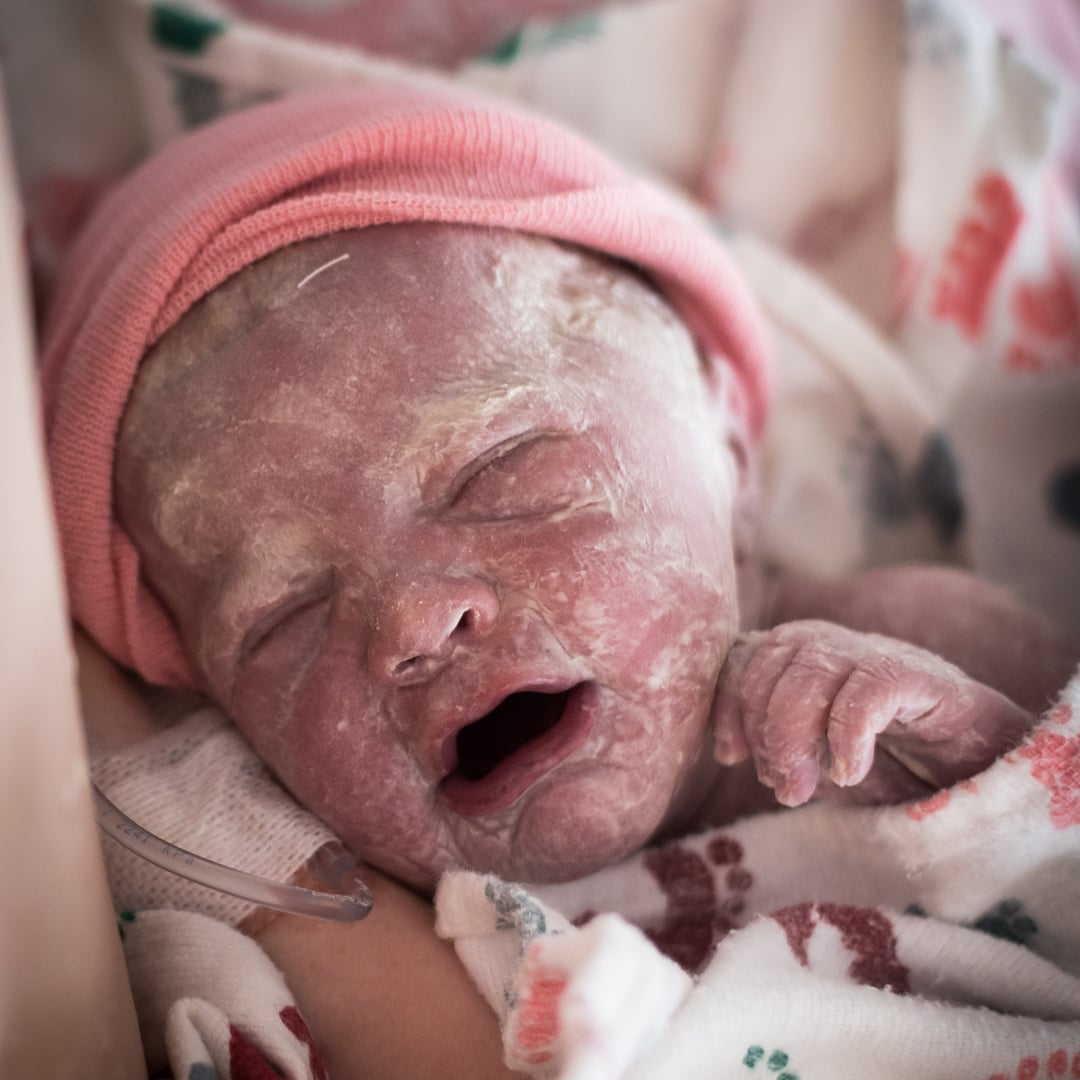As a new parent, you may be wondering how your baby’s eyes are developing after birth. The truth is, your baby’s eyes go through a lot of changes in the first few months of life. From blurry vision to developing new colors, there’s a lot to learn about your baby’s eyes. So, without further ado, let’s dive in and explore how your baby’s eyes develop after birth.
Table of Contents
How Do Eyes Develop Before Birth?
Before we can discuss how your baby’s eyes develop after birth, it’s important to understand how their eyes develop before birth. Believe it or not, your baby’s eyes start to form just two weeks after conception. At this point, they are just a small layer of cells that will eventually become the eyes. Over the next few weeks, your baby’s eyes will continue to develop, and by week eight, they will have eyelids and eyebrows.
By week 20, your baby’s eyes will be fully formed, but they won’t be able to see yet. This is because the brain and eye connections are not yet developed. In fact, your baby’s eyes will remain closed until about 28 weeks. After this point, your baby’s eyes will start to open and close, allowing them to practice focusing and tracking objects.
What Can My Baby See Right After Birth?
When your baby is first born, their vision is quite blurry. This is because their eyes are not yet fully developed. They are also adjusting to the brightness of the world outside the womb. However, your baby can see light and dark contrasts, which is why they may turn their head toward a window or other light source.
Over the first few weeks of life, your baby’s vision will start to improve. They will begin to focus on objects and follow them with their eyes. By about two months, your baby should be able to see colors, although they may not be able to distinguish between all of them yet.
How Do My Baby’s Eyes Change Color?
You may have heard that a baby’s eye color can change after birth. This is true! In fact, it’s quite common for a baby’s eye color to change in the first six months of life. When your baby is born, their eyes may be blue or gray, but over time, the melanin in their eyes will start to develop, which can change their eye color.
It’s difficult to predict what color your baby’s eyes will end up being, but it’s usually determined by genetics. If both parents have brown eyes, it’s likely that their baby will have brown eyes as well. However, if one parent has blue eyes and the other has brown eyes, it’s possible that their baby’s eyes could end up being either color.
What Should I Do If I’m Concerned About My Baby’s Vision?
If you’re concerned about your baby’s vision, it’s important to talk to your pediatrician. They can perform a simple eye exam to check for any issues. Some common signs that your baby may have a vision problem include excessive tearing, sensitivity to light, and frequent squinting or rubbing of the eyes.
It’s also important to make sure that your baby is getting enough visual stimulation to help their eyes develop properly. This can include providing high-contrast toys, reading books with bold pictures, and encouraging your baby to track objects with their eyes.
 Source: bing.com
Source: bing.comThe Bottom Line
All in all, your baby’s eyes go through a lot of changes in the first few months of life. From blurry vision to developing new colors, it’s important to understand what to expect as a new parent. If you’re concerned about your baby’s vision, don’t hesitate to talk to your pediatrician. And remember, providing enough visual stimulation can help your baby’s eyes develop properly.
Frequently Asked Questions
- How long does it take for a baby’s eyes to fully develop after birth?
- Can a baby’s eye color change after birth?
- What should I do if my baby is born with crossed eyes?
- Can a baby be born with cataracts?
- When should my baby have their first eye exam?
It takes about six months for a baby’s eyes to fully develop after birth.
Yes, it’s common for a baby’s eye color to change in the first six months of life.
If your baby is born with crossed eyes, it’s important to talk to your pediatrician. They may refer you to a specialist to help correct the issue.
Yes, it’s possible for a baby to be born with cataracts. If you’re concerned about your baby’s vision, talk to your pediatrician.
Your baby should have their first eye exam between six and twelve months of age.
